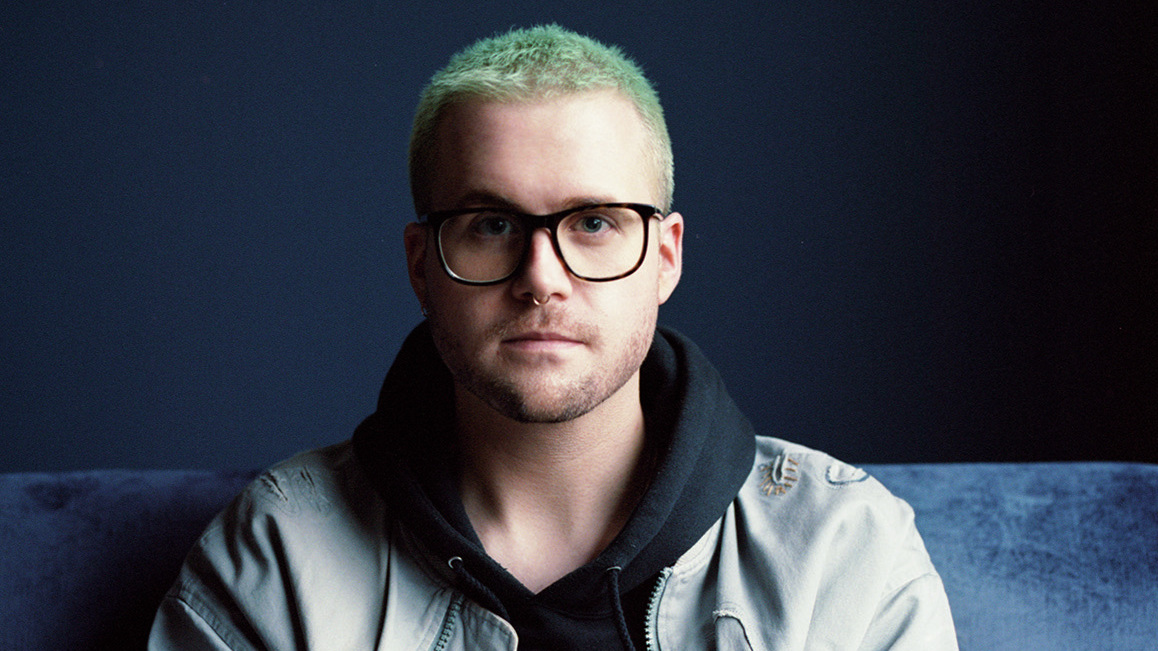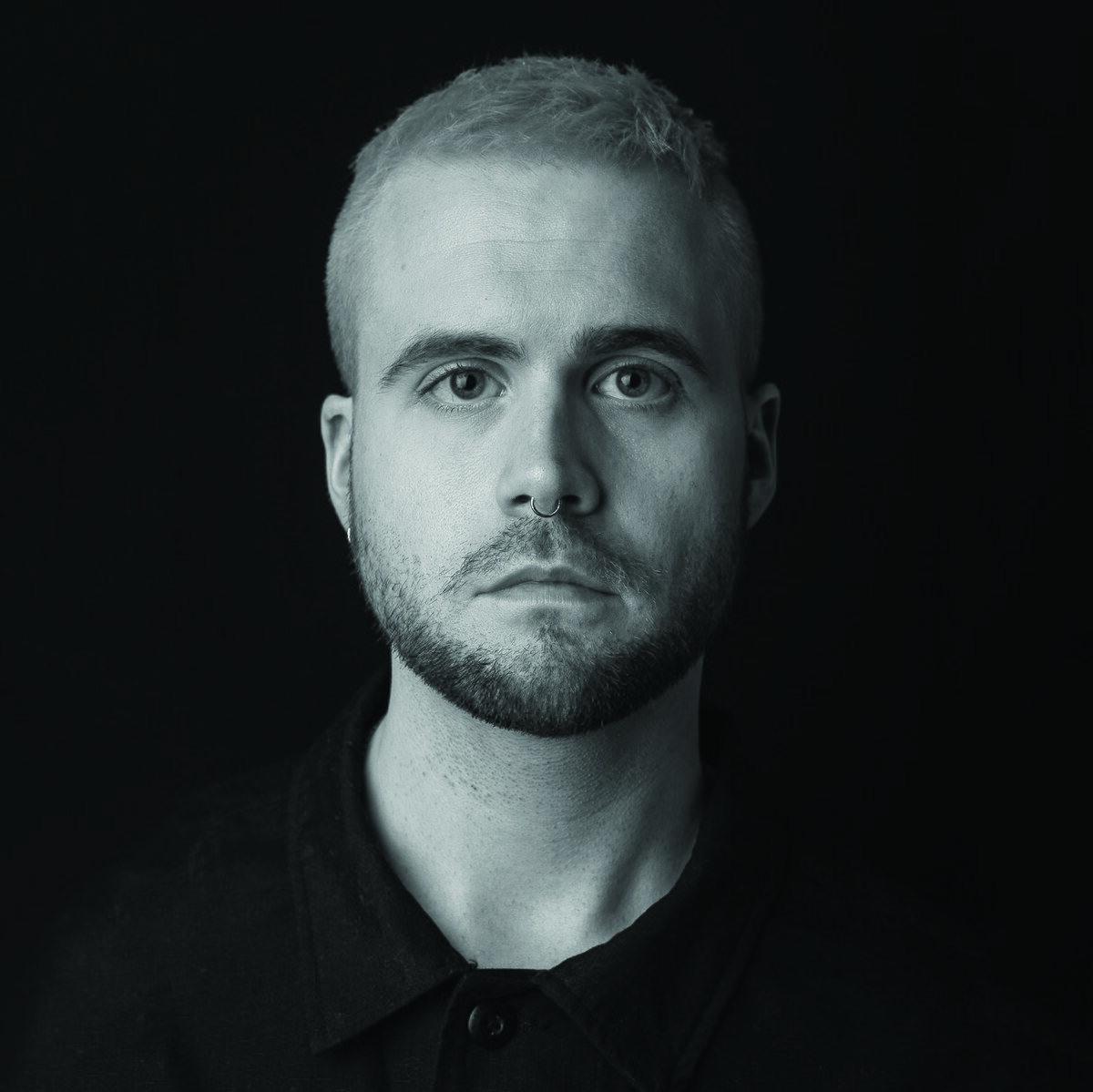GMRfellowtraveller
Well-known member
Offline
Terry Gross interviewed him today - -ex-employee whistle blower

 wamu.org
wamu.org
On how SCL and Cambridge Analytica approached personality profiling
Originally, when we were looking at this for defense purposes, we wanted to figure out … what were the psychological characteristics of those people that would make them more prone and more vulnerable to certain kinds of [extremist] messaging, so that we could engage them beforehand? That was based on a series of studies, many of which came out of the University of Cambridge, that looked at essentially how, particularly with Facebook data, you can quite accurately predict a person’s personality profile. And from that, if you can understand how a person thinks and feels and engages in the world, and what kinds of biases they have, you can then figure out what’s going to be most effective at engaging them in a particular objective — originally in some kind of counter-extremism or mitigation strategy.
Later, when it became Cambridge Analytica, it essentially became identifying people in the same way that you’d be looking for people who’d be more vulnerable to ISIS messaging — people who were more prone to conspiratorial thinking or paranoid ideation. Effectively, it looks for the same kinds of people. But rather than discouraging them from joining ISIS, it would be to encourage them to join the alt-right.
On Steve Bannon’s role in Cambridge Analytica
He found us in London. He convinced a billionaire [Robert Mercer] to acquire the company, and then he transformed that company into a set of tools that he would be able to use to, in effect, manipulate a certain segment of the American voter population.
When Steve Bannon took over, he wasn’t just concerned about particular elections. He followed this notion of the Breitbart doctrine, which is that politics exists downstream from culture. So don’t just focus on the day-to-day politics. Try to actually make an impact on an enduring change in culture, because politics will just flow from that.

Whistleblower Explains How Cambridge Analytica Helped Fuel U.S. 'Insurgency'
In 2014, Christopher Wylie resigned from his position as Cambridge Analytica's research director. He later exposed the company's role in the Trump presidential campaign and the Brexit referendum.
On how SCL and Cambridge Analytica approached personality profiling
Originally, when we were looking at this for defense purposes, we wanted to figure out … what were the psychological characteristics of those people that would make them more prone and more vulnerable to certain kinds of [extremist] messaging, so that we could engage them beforehand? That was based on a series of studies, many of which came out of the University of Cambridge, that looked at essentially how, particularly with Facebook data, you can quite accurately predict a person’s personality profile. And from that, if you can understand how a person thinks and feels and engages in the world, and what kinds of biases they have, you can then figure out what’s going to be most effective at engaging them in a particular objective — originally in some kind of counter-extremism or mitigation strategy.
Later, when it became Cambridge Analytica, it essentially became identifying people in the same way that you’d be looking for people who’d be more vulnerable to ISIS messaging — people who were more prone to conspiratorial thinking or paranoid ideation. Effectively, it looks for the same kinds of people. But rather than discouraging them from joining ISIS, it would be to encourage them to join the alt-right.
On Steve Bannon’s role in Cambridge Analytica
He found us in London. He convinced a billionaire [Robert Mercer] to acquire the company, and then he transformed that company into a set of tools that he would be able to use to, in effect, manipulate a certain segment of the American voter population.
When Steve Bannon took over, he wasn’t just concerned about particular elections. He followed this notion of the Breitbart doctrine, which is that politics exists downstream from culture. So don’t just focus on the day-to-day politics. Try to actually make an impact on an enduring change in culture, because politics will just flow from that.

